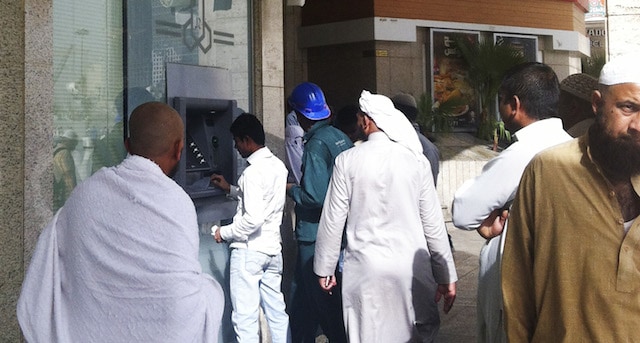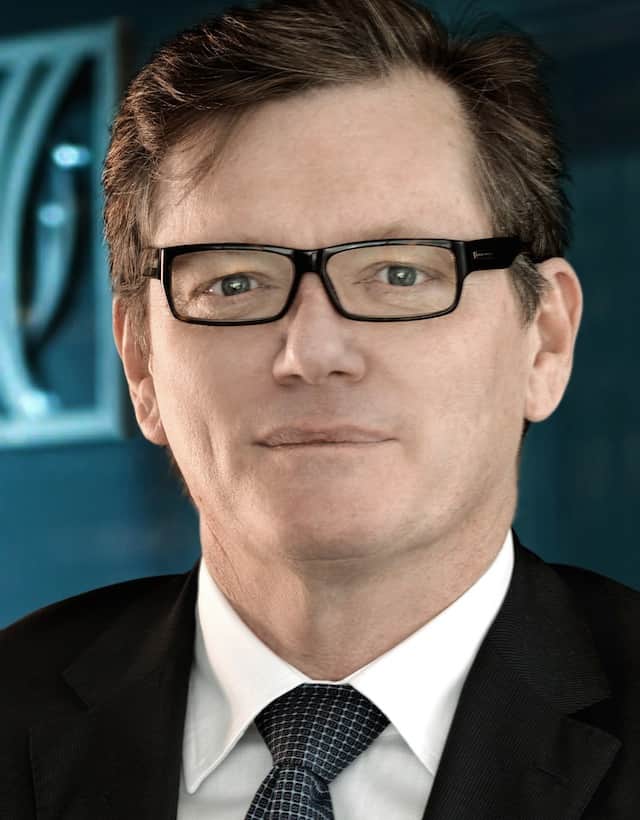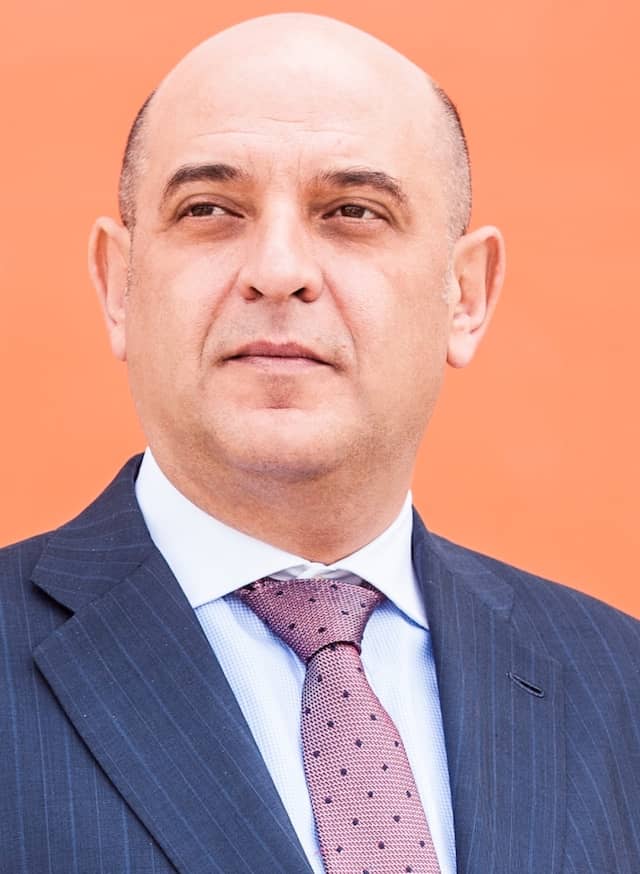GCC REGIONAL SUPERSECTION 2014 | BANKING SECTOR

Banks in the GCC are leveraging the latest technologies to keep pace with a customer base whose members are increasingly demanding, wealthy and tech-savvy.
The banking market in the Gulf Cooperation Council (GCC) countries is evolving rapidly in response to the availability of new technology and more-demanding customers. Local financial institutions are implementing world-class solutions to serve the critical corporate market and they are responding to changing demographics by introducing more digital offerings to attract upwardly mobile young people.
The GCC’s youth population is becoming more prosperous, creating opportunities in retail banking, according to a study by global management consultancy A.T. Kearney. Despite recent upgrades, bank branches in the GCC still appear to be from a bygone era, with “take a ticket and get in line” scenarios common, the study says.
Growth in banking assets is highly correlated to growth in GDP, which has slowed in the region but is still strong by global comparisons, says A.T. Kearney. Regulations are also constraining banking growth in many GCC markets. In the UAE, for example, the central bank has introduced a cap on lending to the government. Banking penetration in some countries, most notably Saudi Arabia and Oman, is relatively low. The UAE market is overbanked, making regional expansion an option for growth, according to A.T. Kearney, which says Qatar has the best growth prospects, despite a relatively small domestic market. In Kuwait retail banking is tightly regulated, which limits flexibility in products and pricing, the study states. Bahrain, on the other hand, is overbanked and has weaker growth prospects than some other GCC countries.
GROWING IN SOPHISTICATION
Jason Tuvey, assistant economist at Capital Economics in London, says: “Despite accounting for only a quarter of bank lending, consumer lending in Saudi Arabia has accounted for around half of overall credit growth over the past few years.” Yet in recent quarters, consumer credit growth has slowed in the kingdom. And with interest rates set to rise in line with those in the United States next year—GCC currencies are pegged to the dollar—credit growth could slow further, Tuvey says.

Corporate banking is the most important segment of the banking market in GCC countries, accounting for three-quarters of total loans. The share is higher than in most developed markets, owing to the limited role of capital markets in corporate financing. Meanwhile, local banks’ treasury and trade offerings are becoming increasingly sophisticated, as banks deploy new online banking tools. Union National Bank (UNB) of Abu Dhabi recently implemented the Infosys Finacle Treasury solution, enabling it to process trades faster, to aggregate risk across multiple asset classes and to automate back-office operations. The solution also makes it easier for the bank to prepare regulatory reports.
Galal Khadr, senior vice president and head of the treasury and investment division at UNB, says: “As we expand our operations regionally and globally, it is critical for us to deploy the right technology that allows us to effectively reach and serve our customers. Key operations within UNB’s back office have now been completely automated. This will allow UNB to manage increased business volumes without increasing headcount.”
Other banks are partnering with international banks to upgrade their solutions. National Bank of Abu Dhabi uses Deutsche Bank’s Guaranteed US Plus payment solution to enhance pricing transparency for dollar flows into the United States. To expand its global markets e-commerce services, NBAD turned to London-based Celer Technologies to upgrade its NBAD iTrade platform. The bank’s international clients now have greater access to regional products, including foreign exchange, money market deposits, fixed income and NBAD’s research.
Al Hilal Bank, one of the fastest-growing banks in the UAE, recently installed the Finacle e-banking solution to serve its corporate customers. With this system the bank is able to introduce new functionalities on a regular basis and to reduce the time spent opening new accounts.
Mohamed Jamil Berro, group CEO of Al Hilal Bank, says: “The adoption of the latest and best banking technologies is a priority for us, in keeping with our spirit as a progressive Islamic bank. The platform enables us to provide a customized, multichannel experience for our corporate customers.” He says the bank strives to make banking as convenient, as technology-enabled and as cost-effective as possible.
In June the UAE Banks Federation began implementing a mobile wallet project that will be expanded over the next 12 months. The payments project will use a purpose-built platform that will interface with all banks in the country. It is part of the Smart Government initiative, which uses technology to deliver more-efficient public services.

Emirates NBD recently opened a new branch in Abu Dhabi’s Deerfields mall. The branch makes extensive use of digital technology, including an interactive display to educate customers about the bank’s alternative banking channels.
Shayne Nelson, group CEO of Emirates NBD, says: “The new branch represents the evolving face of retail banking, as customers become increasingly tech-savvy and demand quick yet efficient banking services. We continue to reap the benefits of retail expansion, driven by our customer-centric strategy, and expansion plans remain a top priority for the bank for the rest of the year.”
Dubai-based Mashreq Bank recently introduced Mashreq Max2.0, which offers smartphones pre-loaded with a range of banking services and reward programs. Customers can receive an account package, including a debit card, credit card and personal loan options, by having their salary deposited directly with the bank.
In Saudi Arabia, NCB Capital, the world’s largest manager of shariah-compliant funds, installed an investment management solution from London-based Charles River. “This global solution allows us to offer strategies and processes equal to those of the world’s leading asset managers,” says Sami Al-Bashir, chief operating officer of asset management at NCB Capital, the investment banking arm of National Commercial Bank. The installation completed the first phase of a multi-asset-class project to automate portfolio management, order and execution management, compliance and risk monitoring, and performance measurement for the bank’s customers in Riyadh and Jeddah.
Kuwait Finance House upgraded its core banking systems by installing International Turnkey Systems’ Ethix financial solutions, which will enable it to expand its range of shariah-compliant services. The bank says it will focus on developing Islamic real estate financial products. Islamic finance is growing faster than conventional banking throughout the GCC.
The majority of banks in the six GCC countries are upgrading core technology not only to improve operating efficiency and customer satisfaction but also to meet more-stringent regulatory requirements and risk management. They are using the technology to enter new areas, offer new products and services, and expand market share with the provision of new distribution channels.
OTHER SECTIONS



